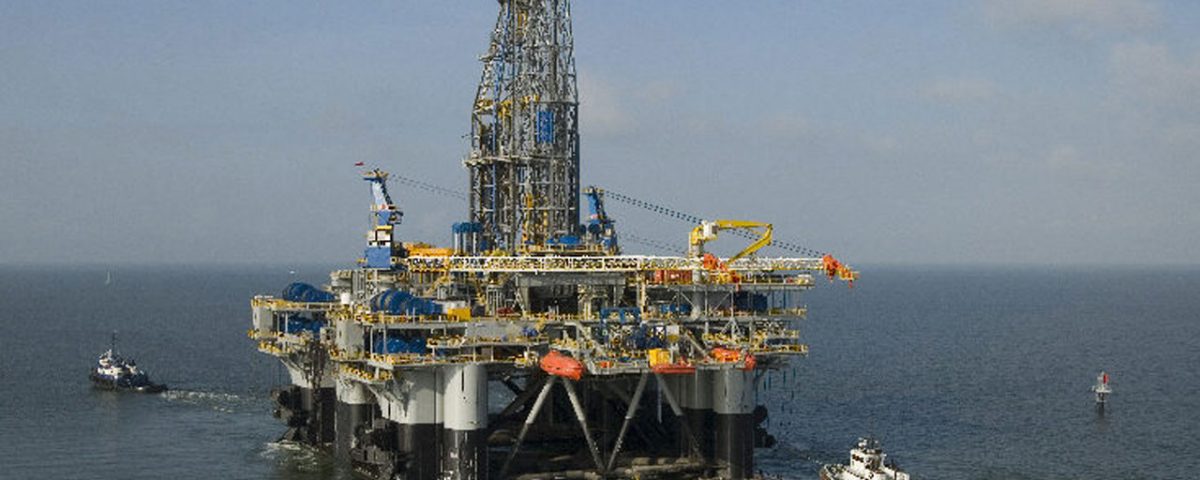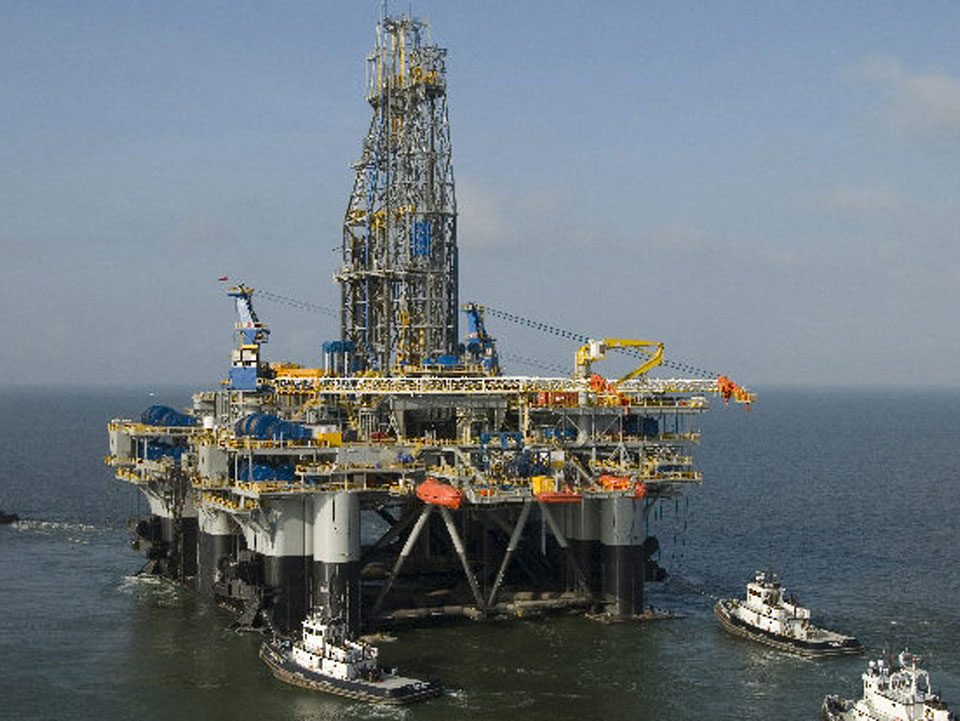Nigeria Update: ‘Low oil production, price may limit implementation of 2018 budget’

Nigeria Update: Nigeria, Germany explore new opportunities to strengthen economic ties
June 22, 2018
Nigeria Update: Investors’ wealth depreciates by N186b in three trading days
June 22, 2018Nigeria may be ensnared in another budget deficit as members of the Organization Petroleum Exporting Countries (OPEC) head for a crucial meeting to decide on output policy, which could crash the price of oil.With pressure mounting from consumers like United States and China, as well as move by Saudi Arabia and Russia for OPEC to increase supply in the market, there are concerns that such decisions could crash the price of oil, which has stabilized from as low as $27 a barrel in 2016 to $75 a barrel yesterday.
Unless OPEC maintains its output policy and calm is sustained in the Niger Delta to keep oil output intact, Chairman/CEO of International Energy Services (IES) Ltd, Dr. Diran Fawibe projects a fall in price or production that could affect implementation of the 2018 budget signed by President Muhammadu Buhari on Wednesday.With an oil price benchmark of $51, crude oil production of 2.3 million barrels per day and exchange rate of N305/$1 approved for the budget, growing tension from militants in the Niger Delta as the country moves closer to election and other uncertainties at the international market could increase budget deficit, Fawibe told The Guardian yesterday.
Fawibe said: “If OPEC increases its production by 1.5million barrels per day, there will be a slump in the price, especially now that we are going to winter.”He urged the federal government to proactively address the situation in the oil-producing region to enable the country to boost production, which stood around 2.25 million b/d earlier this year.
President/Chairman of Council, Chartered Institute of Bankers of Nigeria, who is Dean, College of Postgraduate Studies, Caleb University, Prof. Segun Ajibola expressed concern over Nigeria’s inability to determine global realities, adding that outcome of market decision could frustrate implementation of the budget, considering that oil revenue remained the country’s basic income.The re-balance in the oil sector had aided Nigeria to exit economic shortfall and boosted reserves but Ajibola was worried about the country’s continuous dependence on a single source of revenue.
“We cannot control international market realities. Our economy is still tied to a product and if you look at the improvement in the economic indices, the oil and gas industry was the basic factor.“As long our politics on oil continues, we will still find ourselves in this unstable state of mind because what is happening out there is beyond our control and whatever OPEC will decide is beyond our control. If the shale oil in the US is to be pumped into the market, the price will fall and implementation of our budget becomes difficult,” Ajibola said
President of Nigerian Association for Energy Economics (NAEE), Prof Wumi Iledare urged the federal government to take necessary steps in boosting the country’s capacity to produce more.Iledare, who noted Nigeria’s current level of production would not favour the country for higher quota, said OPEC understands the oil market dynamics. “Now they monitor market dynamics, especially inventory level in the US and China. Consecutive increase in inventory is not good for a stable market price so also is a sudden fall in inventory due to higher oil price. The tool OPEC use is its spare capacity to balance the market. Nigeria under this scenario must build capacity to participate easily when OPEC expands its production,” he said.
Vice President, Macro Oils, at Wood Mackenzie, Ann-Louise Hittle said the producers must contend with differing production expectations for Iran and Venezuela, and consider external pressure for action from the US, adding that, “for Iran, the exact impact of the newly restored US secondary sanctions remains unknown. Venezuela’s production outlook remains uncertain, and recent outages in Libya may also weigh on decision-makers’ minds.Wood Mackenzie think-thank said OPEC could increase output by a more dramatic 1 million b/d, adding a further 0.3 million b/d from Russia to bring the total gain closer to 1.5 million b/d.
“Saudi Arabia could do this with Russia to weaken oil prices significantly – leading to a reduction in gasoline prices in the US, and providing support to President Trump. Such a decision, if implemented, would have a large impact on the supply-and-demand fundamentals by creating implied stock builds averaging 0.9 million b/d in H2 2018, and 1.8 million b/d in 2019,” the group said in email on Wednesday.
The organisation added that OPEC could however maintain its goal of stable oil prices and continue the current production cut agreement looking at situation, which sees a 380,000 b/d decline in supply from Venezuela, January to December 2018, and Iran’s output slipping to 3.4 million b/d by the end of this year, OPEC could.“In our base case outlook, the losses from Venezuela and Iran are somewhat offset by continued growth in the US. This view leads to a small-implied stock draw in Q3 2018, followed by an inventory build in Q4 2018 which is expected to weaken prices heading into 2019 when we see an oversupply for the year,” Hittle said.

